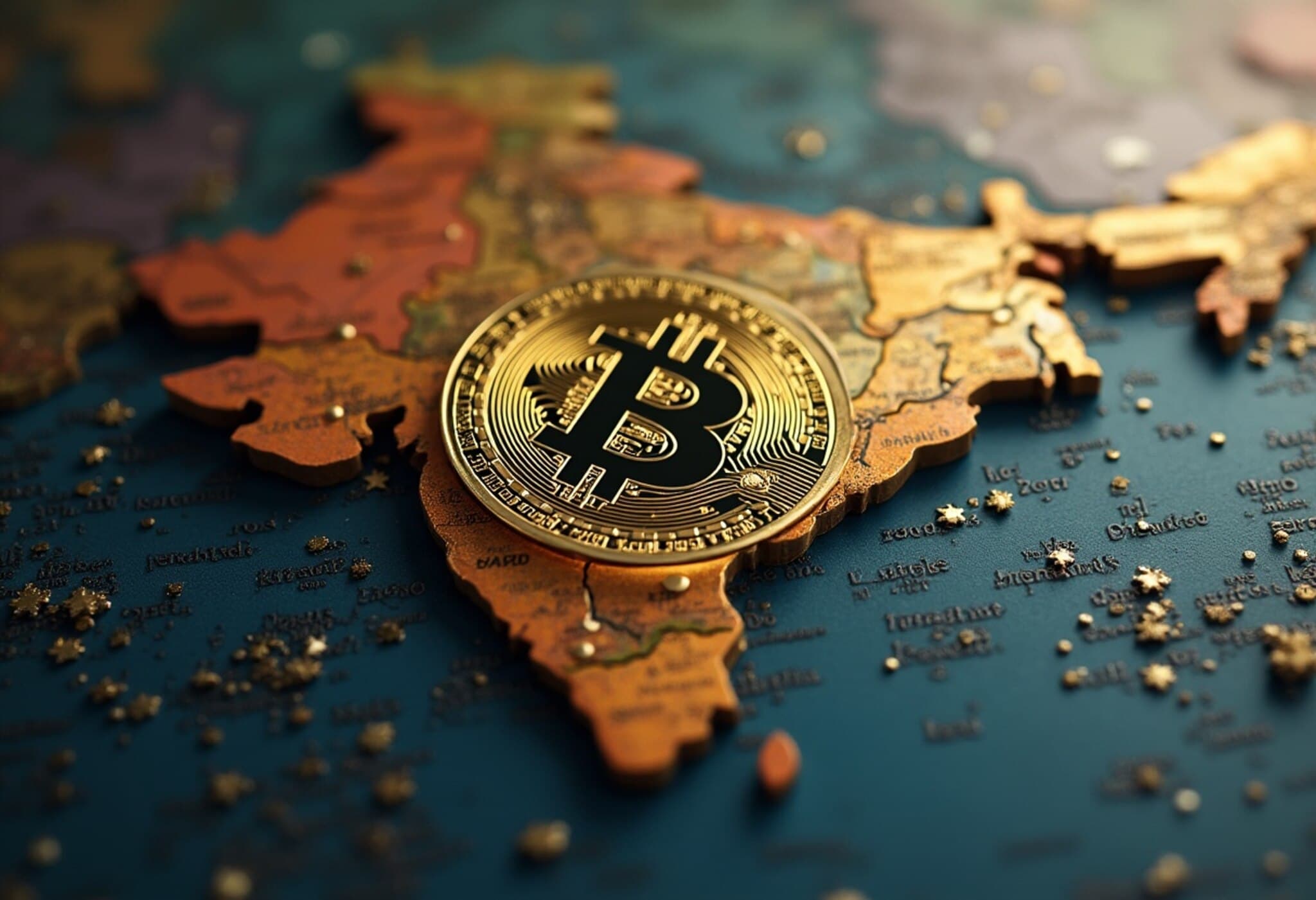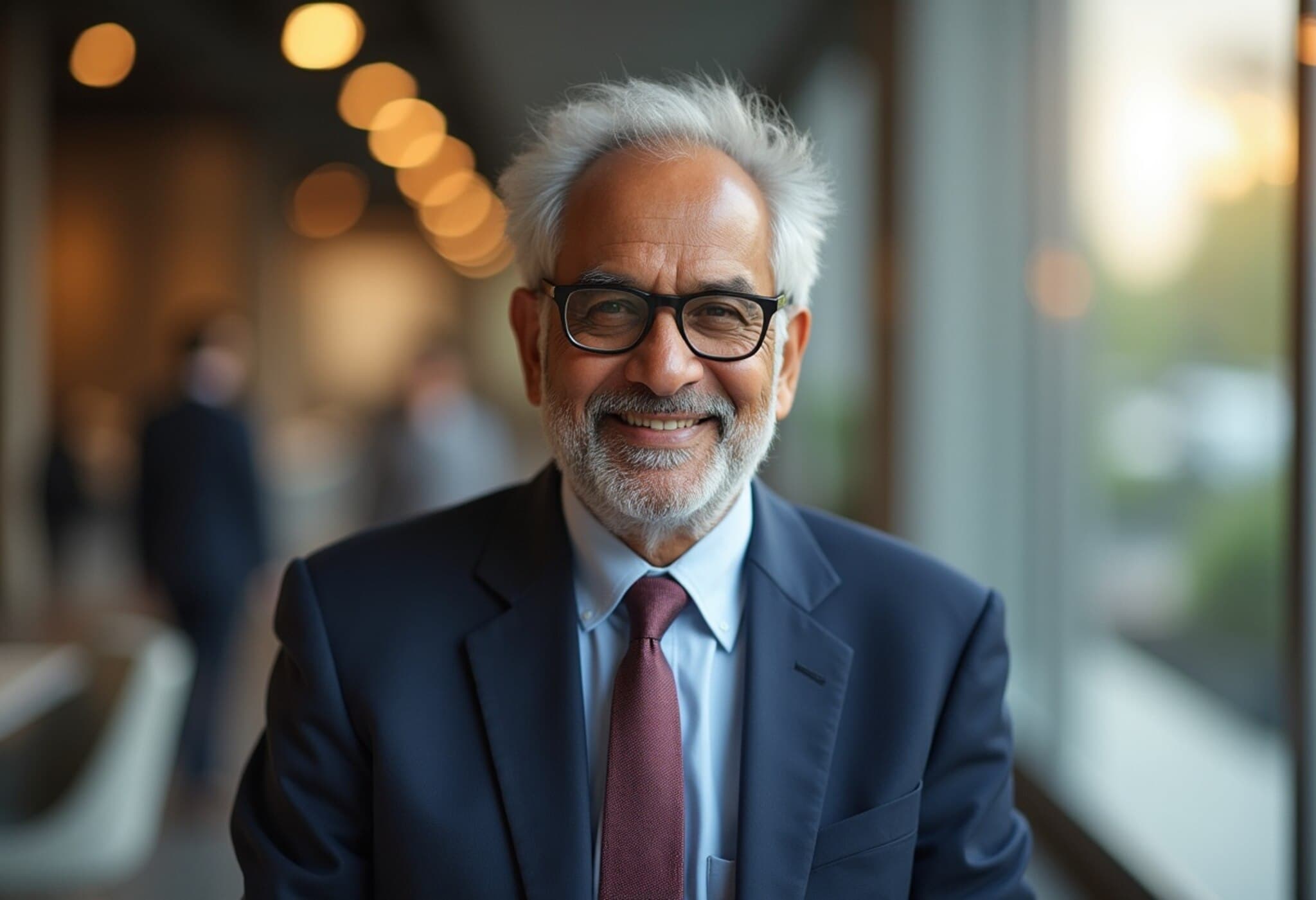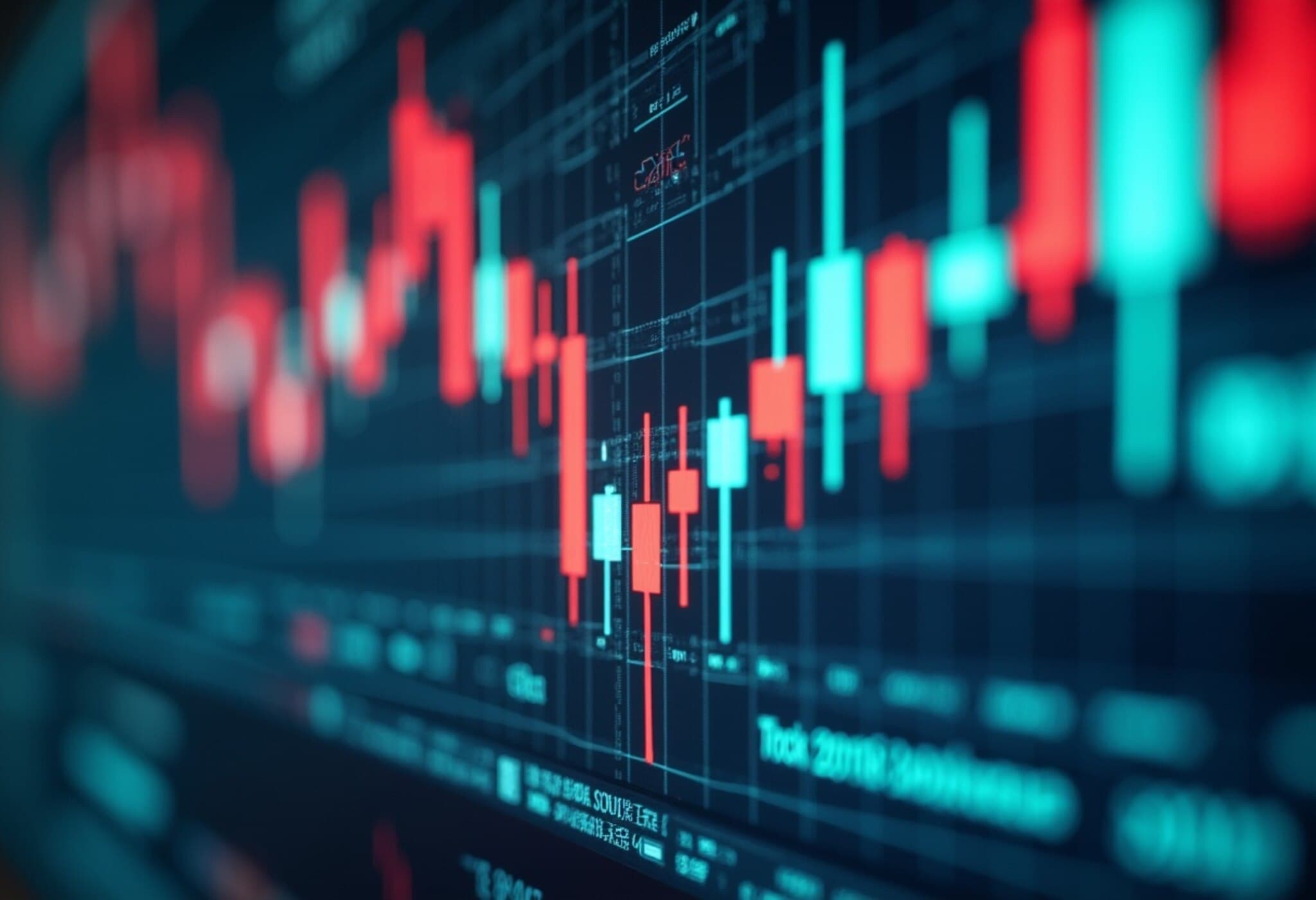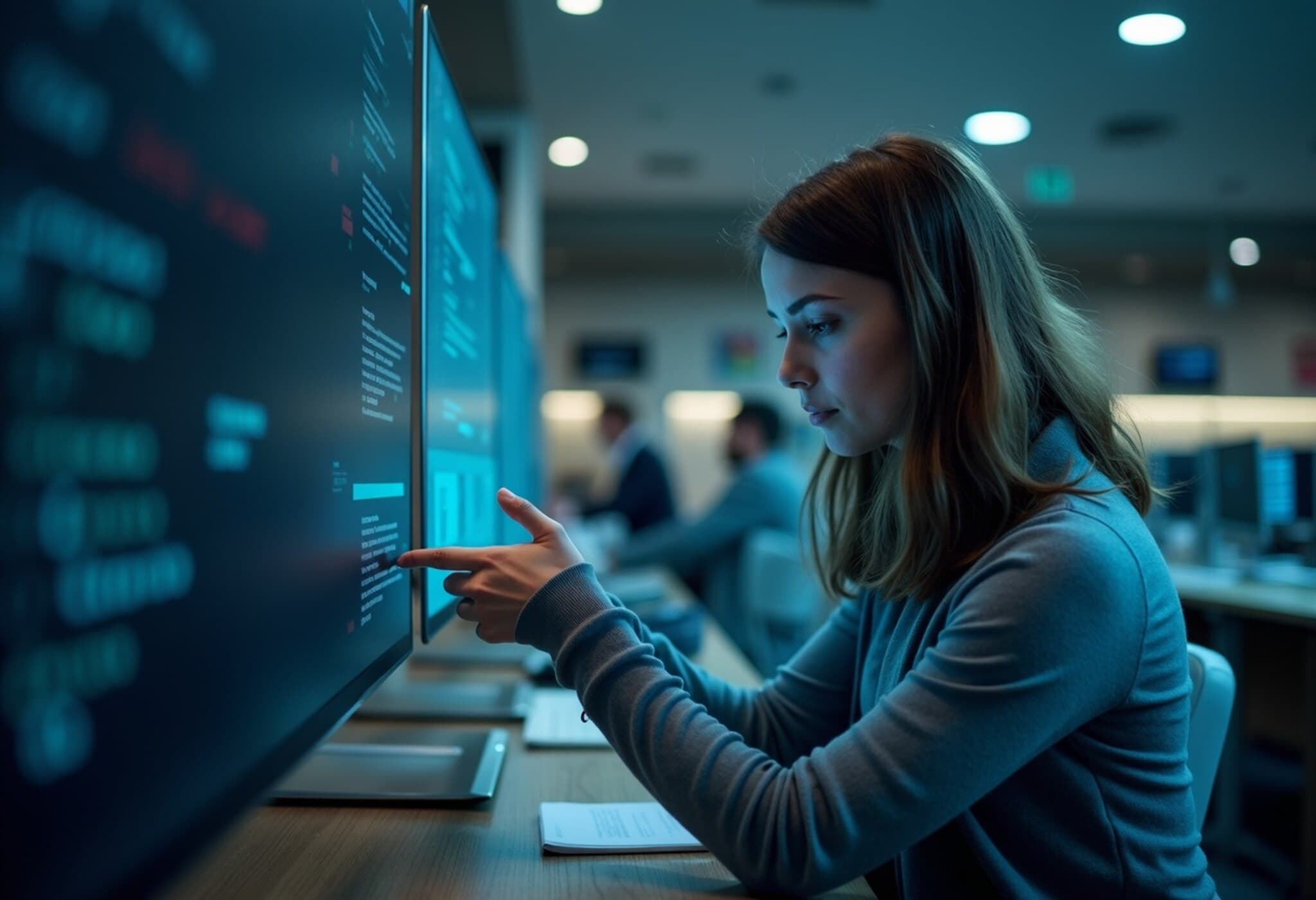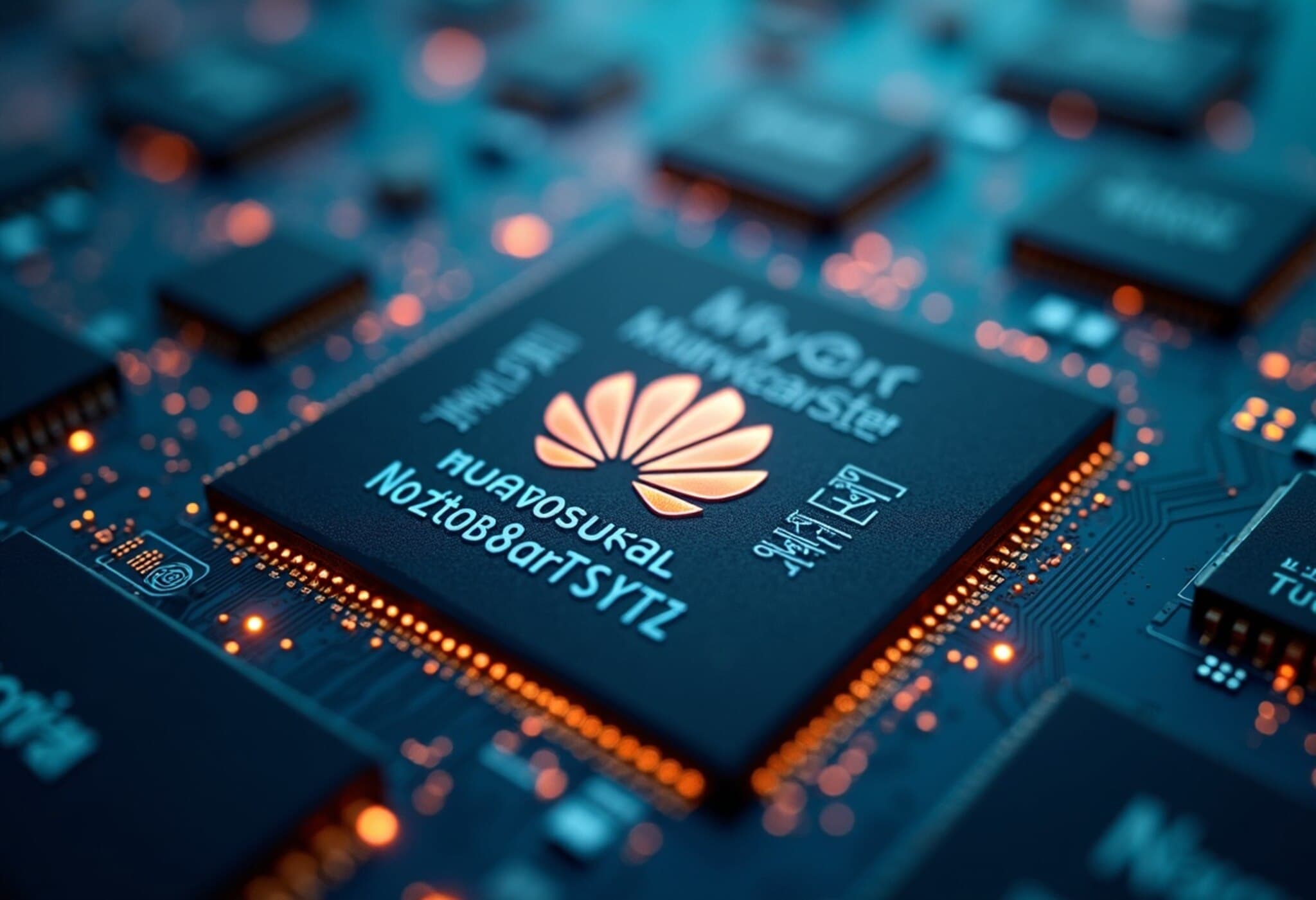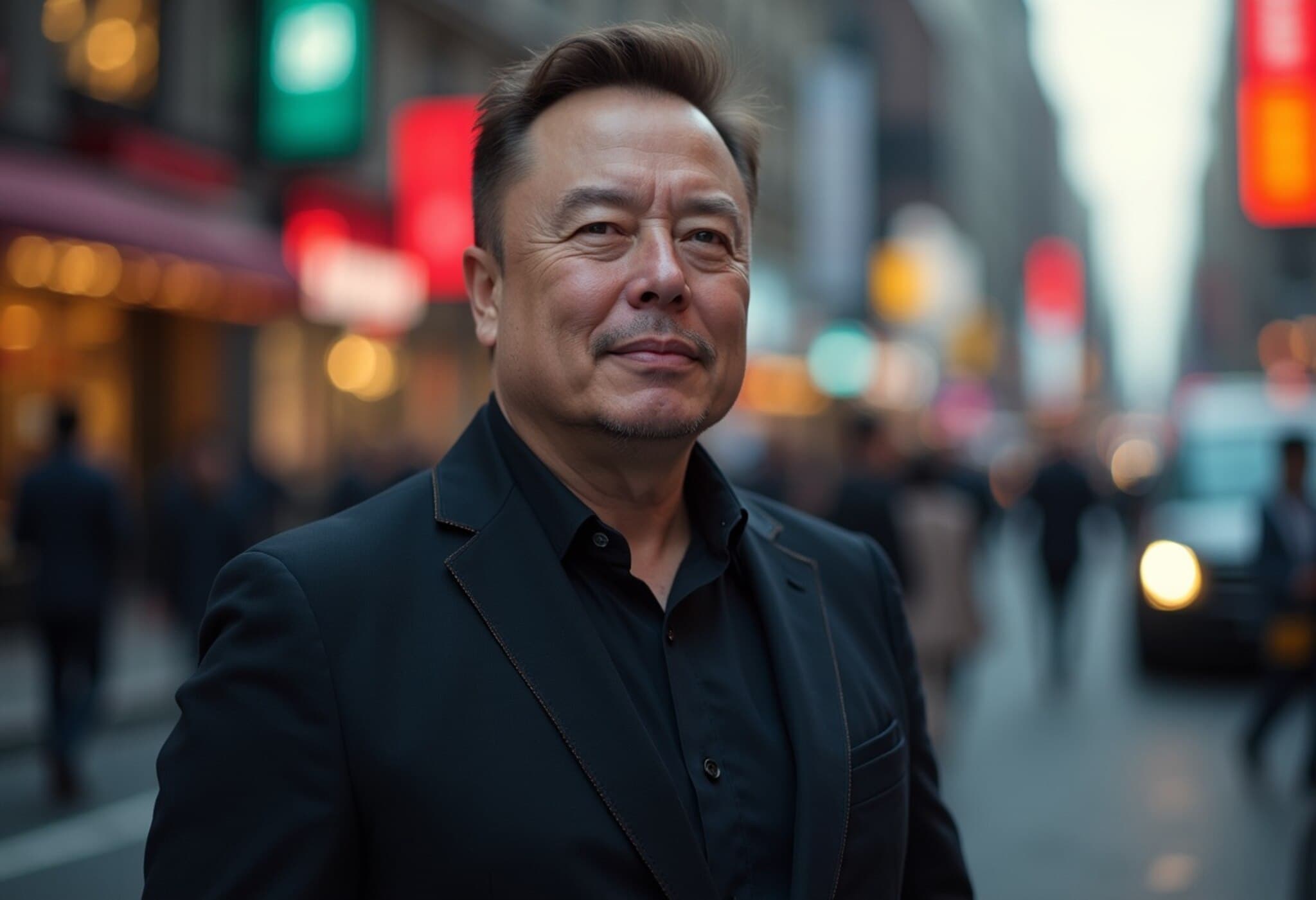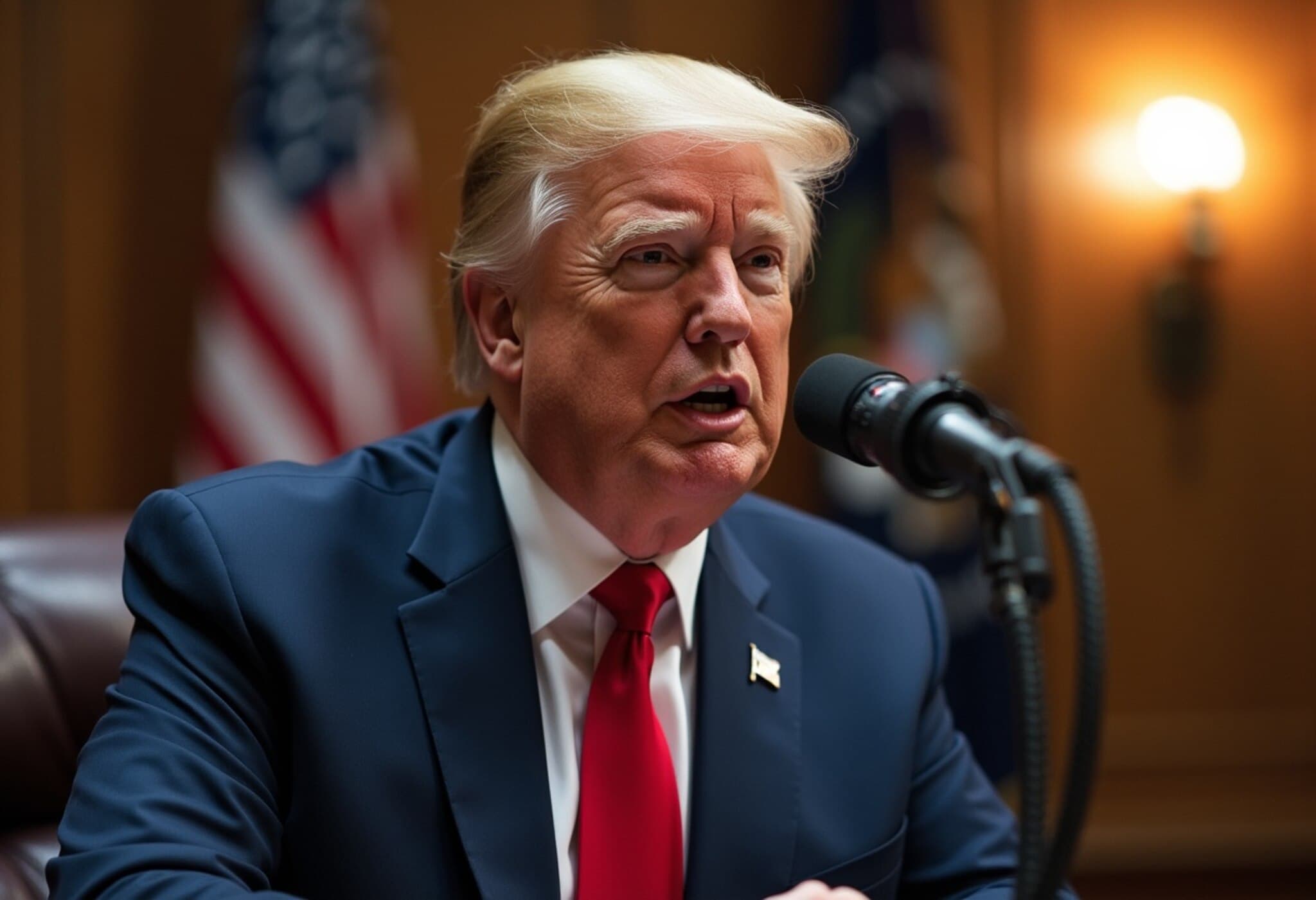Crypto Diplomacy: The New Frontier of Geopolitics
As cryptocurrencies rapidly reshape the global financial landscape, they are emerging not just as innovative assets but as potent instruments of geopolitical influence. Nations like Pakistan and Bhutan have embarked on contrasting yet strategic journeys integrating blockchain technology into national policy, while the United States advances stablecoin regulations. Amid this dynamic shift, India remains noticeably hesitant, caught in regulatory uncertainty at a time when the digital economy demands decisive action.
Pakistan’s Calculated Crypto Strategy: A Double-Edged Sword?
Pakistan’s embrace of cryptocurrency is strategically timed and multi-faceted. Just weeks before a tragic terror incident in Pahalgam, Binance founder Changpeng Zhao took on an advisory role with Pakistan’s newly formed Crypto Council, signaling high-level engagement. The recent establishment of the Pakistan Virtual Asset Regulatory Authority (PVARA) empowers the country to officially regulate crypto entities, an effort closely intertwined with the interests of World Liberty Financial (WLF), a firm linked to former US President Donald Trump.
Why does this matter to India and the world? According to security analyst Anirudh Suri of India Internet Fund, Pakistan’s crypto initiatives could be channeling funds that evade traditional global financial monitoring systems like FATF and IMF, potentially facilitating covert support for terror operations. The timing also hints at Pakistan’s intent to soften US scrutiny by aligning financially through crypto channels, a development that complicates India’s security environment.
India’s Regulatory Ambiguity: Risks Amid Global Momentum
Despite clear signals from the Supreme Court calling for a coherent crypto policy, India’s government remains non-committal. The Reserve Bank of India’s cautious stance, borne out of concerns over monetary stability, clashes with the Securities and Exchange Board of India’s (SEBI) calls for a multi-agency regulatory apparatus.
- India enforces a 30% tax on crypto profits and a 1% Tax Deducted at Source (TDS) on large transactions.
- Crypto exchanges must register with the Financial Intelligence Unit (FIU-IND).
- Yet the awaited national crypto framework, promised by June 2025, remains elusive.
Meanwhile, the cryptic world of digital assets becomes a conduit for terrorist financing, especially in sensitive regions like Jammu and Kashmir, where the FIU has stepped up monitoring of private wallets and privacy-focused coins.
Legal expert Jaideep Reddy of Trilegal highlights this regulatory vacuum as a source of confusion that undermines India’s entrepreneurial ecosystem and compromises national security.
Bhutan’s Bitcoin Gamble: Hydropower Meets Blockchain
Contrasting Pakistan’s approach, Bhutan leverages its abundant hydropower to mine bitcoin, amassing over $1.3 billion worth—nearly 40% of its GDP. This bold bet integrates cryptocurrency proceeds into public spending and civil servant salaries, signaling a confident embrace of digital assets as a pillar of economic diversification.
However, this success story isn’t without challenges. Bhutan’s growing dependence on Chinese mining equipment raises questions about geopolitical influence and the sustainability of this model. Prominent Indian companies like Adani are monitoring opportunities to develop data centers here, potentially fostering new economic partnerships within the region.
The US and Stablecoins: Regulation, Politics, and Power Plays
Across the Atlantic, the US prepares to vote on the GENIUS Act, a legislative measure to regulate stablecoins such as USD1, issued by World Liberty Financial. Notably, this stablecoin enterprise generated over $57 million for Trump in 2024, casting shadows of potential conflicts of interest and political favoritism.
A multinational fund from Abu Dhabi has invested $2 billion in USD1 for Binance, spotlighting how stablecoins can become tools not only for commerce but for geopolitical leverage. Cybersecurity expert Subimal Bhattacharjee warns that these opaque financial flows might weaken global financial rules under the veneer of regulatory frameworks.
Critical Imperatives for India’s Crypto Policy
Leading international voices urge India to break free from indecision. Ananya Kumar from the Atlantic Council emphasizes that cryptocurrency is intrinsically transnational and that piecemeal, delayed policies risk ceding ground to less transparent actors.
Experts recommend a comprehensive, transparent approach that balances innovative potential with robust regulation to prevent misuse, especially in financing terrorism or enabling capital flight.
- Develop clear national crypto legislation integrating securities, foreign exchange, and tax laws.
- Implement stringent anti-money laundering and counter-terrorism financing (AML/CTF) measures.
- Promote legitimate crypto innovation through incubators and industry partnerships.
With neighboring countries accelerating their crypto frameworks, India faces a junction: lead with foresight or risk falling behind in the rapidly evolving digital economy and strategic landscape.
Editor’s Note
The unfolding “crypto cold war” underscores how digital currencies have transcended economic innovation to become tools of geopolitics, diplomacy, and even security threats. India’s current hesitation is more than bureaucratic inertia; it potentially places the nation at a strategic disadvantage amidst regional and global maneuverings.
As India grapples with balancing innovation and oversight, the pressing questions remain: How can India harmonize its regulatory objectives with rapid technological change? What lessons can it draw from neighboring countries’ contrasting approaches? And most urgent of all, how will India safeguard its financial sovereignty without stifling the promise of blockchain-powered growth?
Ultimately, the crypto conversation is not just about currencies but about the power to shape the 21st-century global order.

